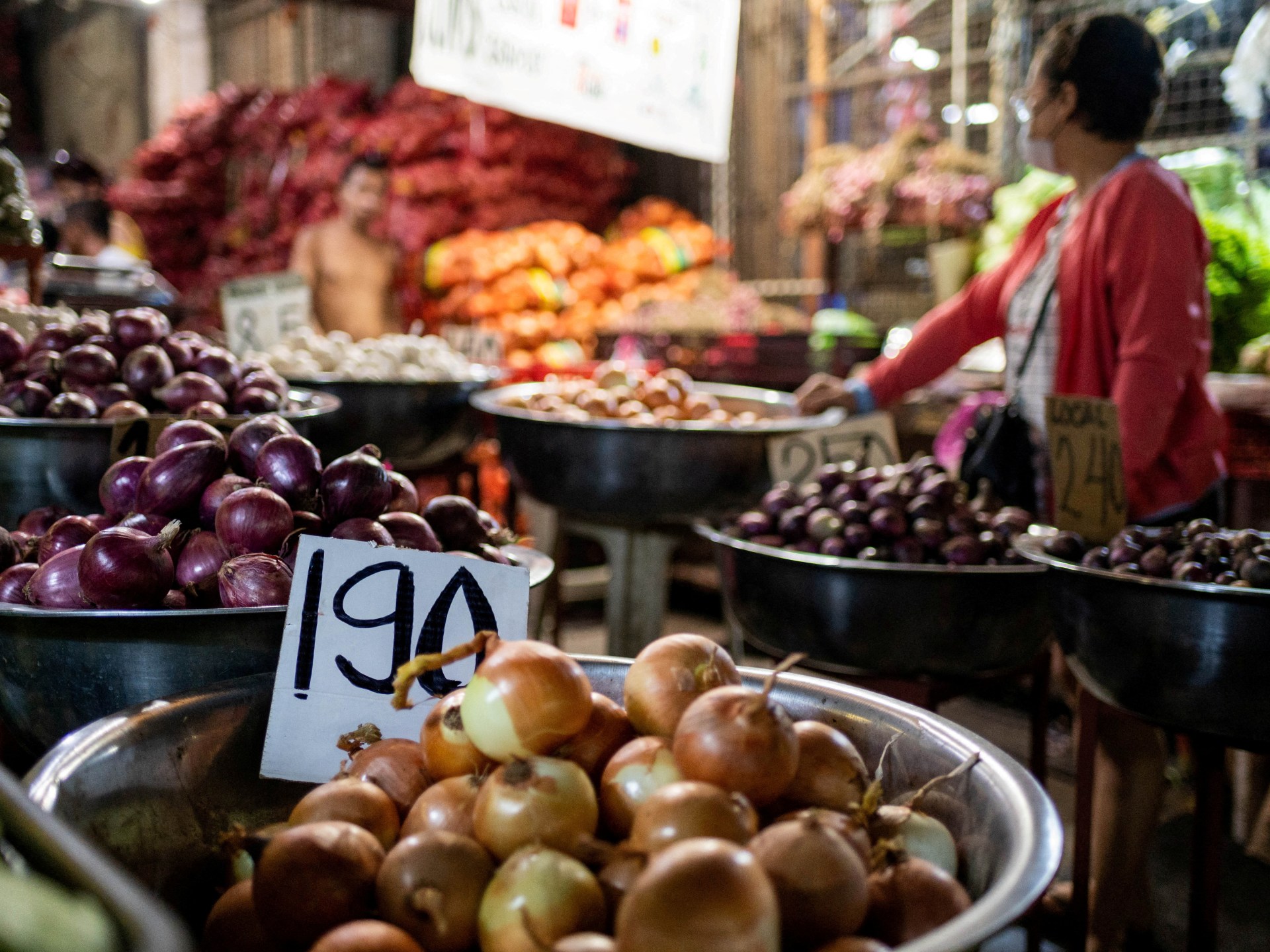MESSAGES FOR CHANGE
Foreign Minister Abdullah Gul also laid out the pillars of this vision at the last May’s meeting of the Organization of the Islamic Conference (OIC) in Tehran, Iran and at the OIC’s Business Council summit in Malaysia. Gul’s call to the Islamic world to move towards political reform, transparency and modernization at both of these summits drew great attention. Now the prime minister’s statements at Jeddah gave us further detail.
The first and most important message from Erdogan was that the Islamic world should ‘embrace change.’ In his words the world is still divided between those who merely watch change and those who embrace it. Countries which use technology effectively, boost production, and open themselves up to the world are the winners. Turkey is striving to take its place among those who ‘embrace change and win.’ Another message concerned political and social reforms. Answering questions, Erdogan mentioned women’s position in society and politics and gave as an example the ruling Justice and Development Party’s (AKP) emphasis on women.
The prime minister signalled a similar change by answering a question on a possible ‘Islamic common market.’ Erdogan was clear: We are against any common market based on religion or ethnicity. This wouldn’t be useful; on the contrary it would lead to divisions. Unlike the ideology of Necmettin Erbakan and his Welfare Party (RP), which saw the European Union as a ‘Christian Society’ and wanted to establish a common Islamic market, Erdogan has a pragmatic approach to the issue, contending that a ‘Union of Jointly Developing Countries’ could be established based on common interests rather than religion. Considering Erdogan’s worries about ‘division,’ policies that could encourage the so-called ‘clash of civilizations’ should be avoided. Turkey’s stance is integration with the EU (and the world economy). This would enable Turkey to both maintain its close ties with developed countries and further develop its relations with countries in the region.
The premier’s statements in Jeddah are an example for countries in the region which also want to ‘embrace change.’ With its messages issued in Iran, Malaysia and Saudi Arabia, Turkey has once again demonstrated that it can be a model and serve as a bridge between the West and the Islamic world. This has a geo-strategic as well as international importance.”



